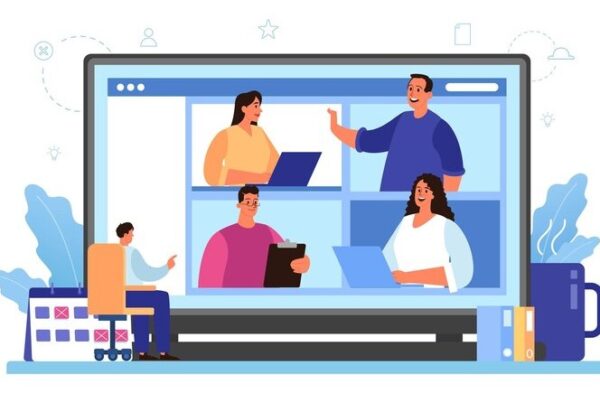Are you planning your next event? Perhaps you’re in the event planning process and want to ensure everything is in order. Whether you’re planning an in-person, hybrid or virtual event, planning for an event is a time-consuming and mentally draining endeavour. That’s why it’s helpful to have some tips and tricks up your sleeve to make the event process faster and easier to manage. One of which is having an event plan and checklist in place.
Even if you don’t have an event management platform, having simple checklists can help you schedule time for tasks, track your progress and make sure everything stays organised and within the deadline.
Understanding the importance of creating a complete checklist, what to include on an event planning checklist and how to create one can help you succeed in making the event happen.
Event planning is both an art and a science. Whether you’re organising a corporate conference, a wedding, or a benefit concert, meticulous planning is the key to success. In this ultimate guide, we’ll guide you through the entire process of event planning so that your future events can go off without a hitch. We’ll make sure to provide you with a detailed checklist to ensure everything runs smoothly.
The Importance of Having an Event Checklist
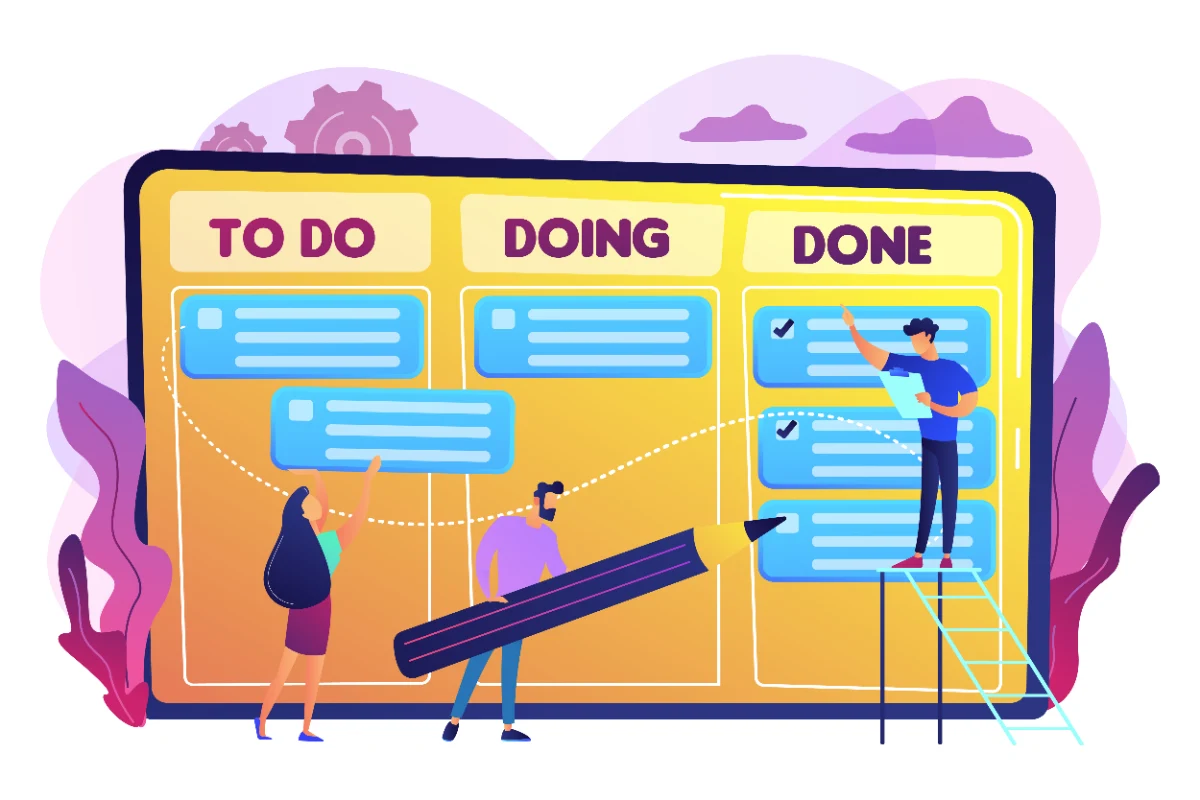 Having an event planning checklist can save you buttloads of time and energy. Here are some of the reasons you need to have one:
Having an event planning checklist can save you buttloads of time and energy. Here are some of the reasons you need to have one:
You can use it as a progress tracker.
You can’t just start something and just let it run without tracking each milestone. By having an event checklist, you can assess your team’s progress at each stage of the process. You can check if you’re getting things done within the allotted time frame. You can also prioritise your chores so that the most critical ones are completed first or set aside time for the ones that will take the longest to accomplish.
You can use it to stay within your event budget.
Time is not the only issue when it comes to event planning. You also need to consider costs incurred along the way. Because your checklist includes a list of tasks, you may allow room for cost estimates and actual expenses for each. Your checklist can then also function as a budget tracker. You will have a record of how much of your budget remains, how much money you save (if there’s any) for each task, and how much you need to finish the remaining tasks.
You can use it for project management.
 As part of an event team, you’ll be responsible for so many things, such as the event details, event website, event space, and even your ticket sales. You’ll need to keep track of each job result so you don’t get lost in all of them. Having an event checklist can help you manage the different aspects of the event, such as vendors hired or speakers scheduled, contract management, arrival times, payments, and other important activities. You can also use it to track the completion of minor tasks as you organise them.
As part of an event team, you’ll be responsible for so many things, such as the event details, event website, event space, and even your ticket sales. You’ll need to keep track of each job result so you don’t get lost in all of them. Having an event checklist can help you manage the different aspects of the event, such as vendors hired or speakers scheduled, contract management, arrival times, payments, and other important activities. You can also use it to track the completion of minor tasks as you organise them.
You can use it for scheduling.
If you’re the event manager, you’ll need to ensure everything goes according to plan. Once you’ve determined what chores you need to perform, such as choosing the event entertainment or event technology, you can organise your time to focus on specific tasks and when you intend to finish each.
You can use it as your to-do list.
Event planners are not always gifted with the best memory. By keeping an event checklist, you can remind yourself of crucial information. As you know, event planning entails numerous jobs and a large amount of information. An event planning checklist can be useful for reminding yourself of event details. By regularly documenting your progress on the checklist, you may use it as a reference for event times, vendor names, event tech, and any other crucial information to guarantee a successful event.
Questions To Ask For Your Event Planning Checklist
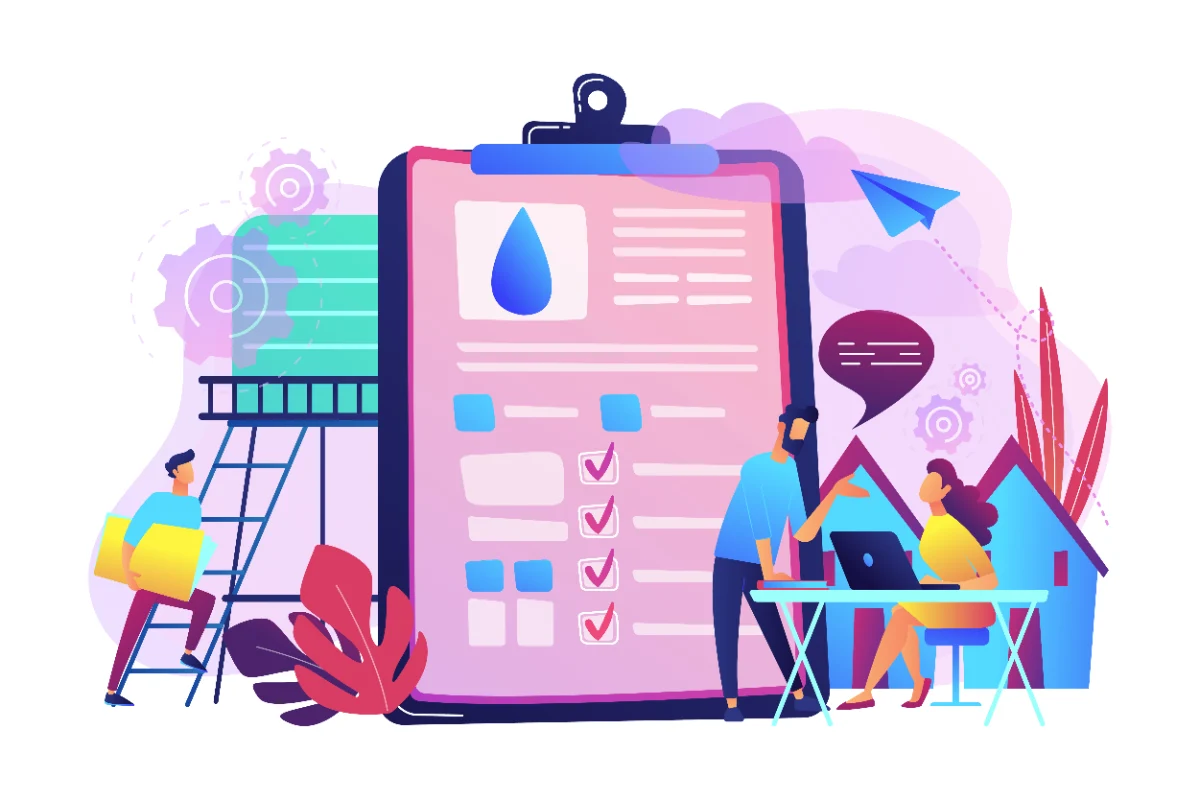 You’ve decided to make a checklist. Now what? Well, it’s best to answer a few simple questions to form the backbone of your event planning checklist.
You’ve decided to make a checklist. Now what? Well, it’s best to answer a few simple questions to form the backbone of your event planning checklist.
What are your event goals?
Before diving into the who’s and whatnot, clearly defining your event goals is crucial. Knowing the purpose and objectives of your event is helpful in the pre-event planning process because it ensures your event goal will be aligned with the message you want your audience to get. Whether celebrating a milestone, raising awareness, or fostering networking, a well-defined purpose will guide your decisions throughout the planning process.
What’s your budget?
Establishing a realistic budget is the cornerstone of successful event planning. Consider all potential expenses, including venue rental, catering, decorations, entertainment, and marketing. A well-thought-out budget ensures you allocate resources efficiently and avoid last-minute financial surprises.
Where will you hold the event?
The venue sets the tone for your event. Consider factors such as location, capacity, accessibility, and amenities. Ensure the chosen venue aligns with the event’s theme and provides the necessary infrastructure for your planned activities.
What’s your timeline for the event?
A detailed timeline is your roadmap to success. Break down the planning process into manageable tasks with specific deadlines. This will help you stay organised and on track, reducing the likelihood of overlooking crucial details.
How will you publicise your event?
Your social media posts, press announcements, event registration page, or even potential sponsors are all part of your marketing plans. Effective event marketing is essential to attract attendees and create buzz around your event. Utilise various channels, such as social media, email campaigns, and traditional advertising, to reach your target audience. Communicate the unique selling points and benefits of attending your event.
The Event Planning Checklist
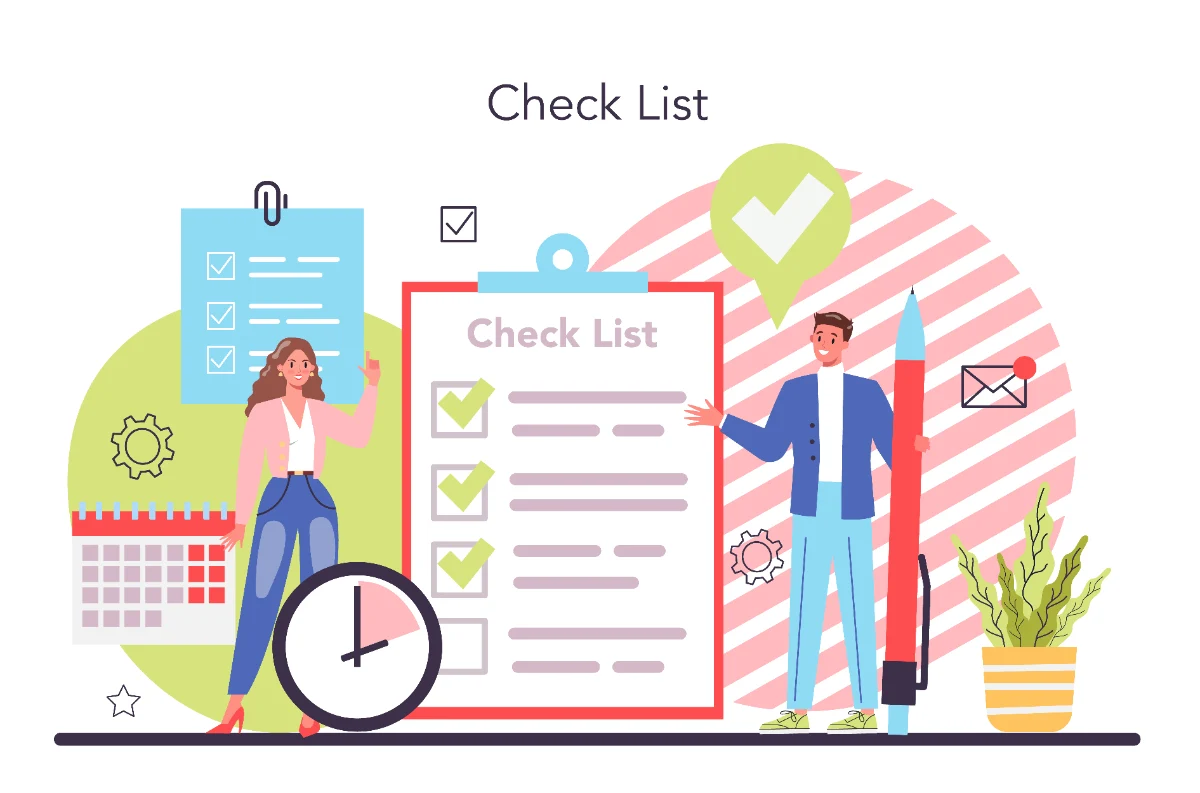 Now that you’ve asked the critical questions, it’s time to start building your checklist.
Now that you’ve asked the critical questions, it’s time to start building your checklist.
Pre-Planning Phase:
a. Define Event Objectives: Guide your event planning efficiently by clearly outlining what you want to achieve.
b. Set a Realistic Event Budget: Determine the financial parameters of your event and allocate resources to various aspects based on priority.
c. Create an Event Planning Team: Assemble a dedicated event team with specific roles and responsibilities. Having a team of event planners will streamline the planning process.
d. Select a Name, Date and Time: You’ll need to think of an event name that will accurately describe your event. You also need to choose a date and time that suits your target audience and aligns with the purpose of the event.
e. Identify and Secure a Venue: Research and select a venue that accommodates your expected number of attendees and complements the theme of your event.
f. Draft a Preliminary Guest List: Create an initial list of potential attendees to estimate the scale of your event and plan accordingly. Set up a registration page so that interested attendees can sign up quickly.
g. Research and Book Suppliers: Identify and secure suppliers for catering, audio-visual equipment, decorations, and other essential elements.
h. Create a Preliminary Event Schedule: Outline your event’s key activities and schedule to ensure a cohesive flow.
Planning Phase:
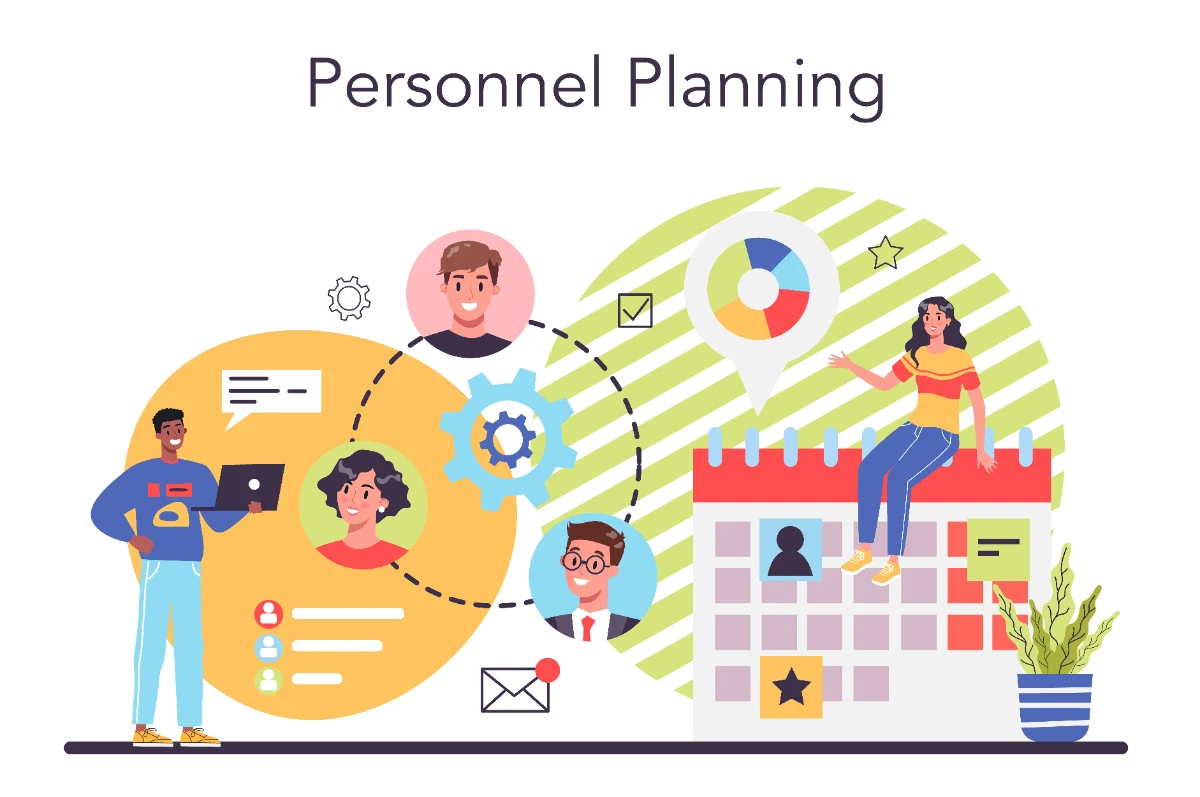 a. Finalise Guest List: Confirm and finalise the guest list based on RSVPs and other relevant information. Make sure you take note of your attendees’ contact details.
a. Finalise Guest List: Confirm and finalise the guest list based on RSVPs and other relevant information. Make sure you take note of your attendees’ contact details.
b. Develop a Detailed Event Timeline: Create a detailed timeline for the event day, including setup, activities, breaks, and teardown.
c. Coordinate with Suppliers: Confirm arrangements with suppliers, ensuring they have all necessary details and requirements.
d. Create and Implement Marketing Campaigns: Execute marketing strategies to promote your event across various channels. This will also help entice other interested attendees.
e. Design and Print Event Materials: As part of your marketing plan, create and print any necessary materials such as brochures, banners, and name tags.
f. Organise Transportation and Accommodation: If applicable, arrange transportation and accommodation for speakers, VIPs, additional volunteers and out-of-town guests.
Final Preparations:
 a. Conduct Final Venue Walkthrough: Visit the venue to confirm setup details, address any last-minute concerns, and ensure everything is in order.
a. Conduct Final Venue Walkthrough: Visit the venue to confirm setup details, address any last-minute concerns, and ensure everything is in order.
b. Coordinate with Event Staff: Brief your event staff on their roles and responsibilities and provide them with necessary information. Make sure that you don’t miss out on the important details.
c. Prepare Emergency Plan: Some things may not go as planned. As such, develop a contingency plan for unforeseen circumstances and communicate it to your team.
d. Finalise Event Day Communication Plan: Establish communication protocols for the event day to ensure smooth coordination among team members.
e. Confirm Attendee Details: Reconfirm attendance details with speakers, sponsors, and other key stakeholders.
f. Set Up Registration and Welcome Area: Ensure that the registration area is set up with the necessary materials, badges, and a welcoming atmosphere.
g. Test Audio-Visual Equipment: Conduct thorough tests of all audio-visual equipment to prevent technical issues during the event.
Event Day:
a. Arrive Early: Events can be unpredictable. Be on-site early to supervise setup, address any last-minute issues, and ensure a smooth start.
b. Coordinate with Event Staff: Conduct a final briefing with your event staff to review their roles and address any last-minute concerns. Even the little details matter, so make sure everything is ironed out.
c. Monitor Schedule: Keep a close eye on the event schedule, ensuring that activities progress according to the predetermined timeline. You don’t want to go overtime as this may affect venue costs or ruin guests’ schedules.
d. Handle Unexpected Issues: Always be ready for anything. You’ve done everything you can. Now, you need to be prepared to handle unforeseen issues promptly, relying on your contingency plan if necessary.
e. Engage with Attendees: As the event planner, take the time to interact with attendees, speakers, and sponsors to ensure a positive and engaging experience.
Post-Event
 a. Gather Feedback: Start your post-event analysis by gathering feedback from attendees, sponsors, and team members to assess the event’s success and identify areas for improvement.
a. Gather Feedback: Start your post-event analysis by gathering feedback from attendees, sponsors, and team members to assess the event’s success and identify areas for improvement.
b. Evaluate Budget vs. Actuals: Review your budget and compare it with actual expenses to gain insights for future planning. If there were tickets sold, you also need to track your ticket sales diligently to see if you’ve made a profit.
c. Thank Participants and Sponsors: Express gratitude to speakers, sponsors, attendees, and your event planning team for their contributions.
d. Document Lessons Learned: Document lessons learned and best practices to enhance future event planning endeavours.
Are you ready to be a reliable event planner for the special day?
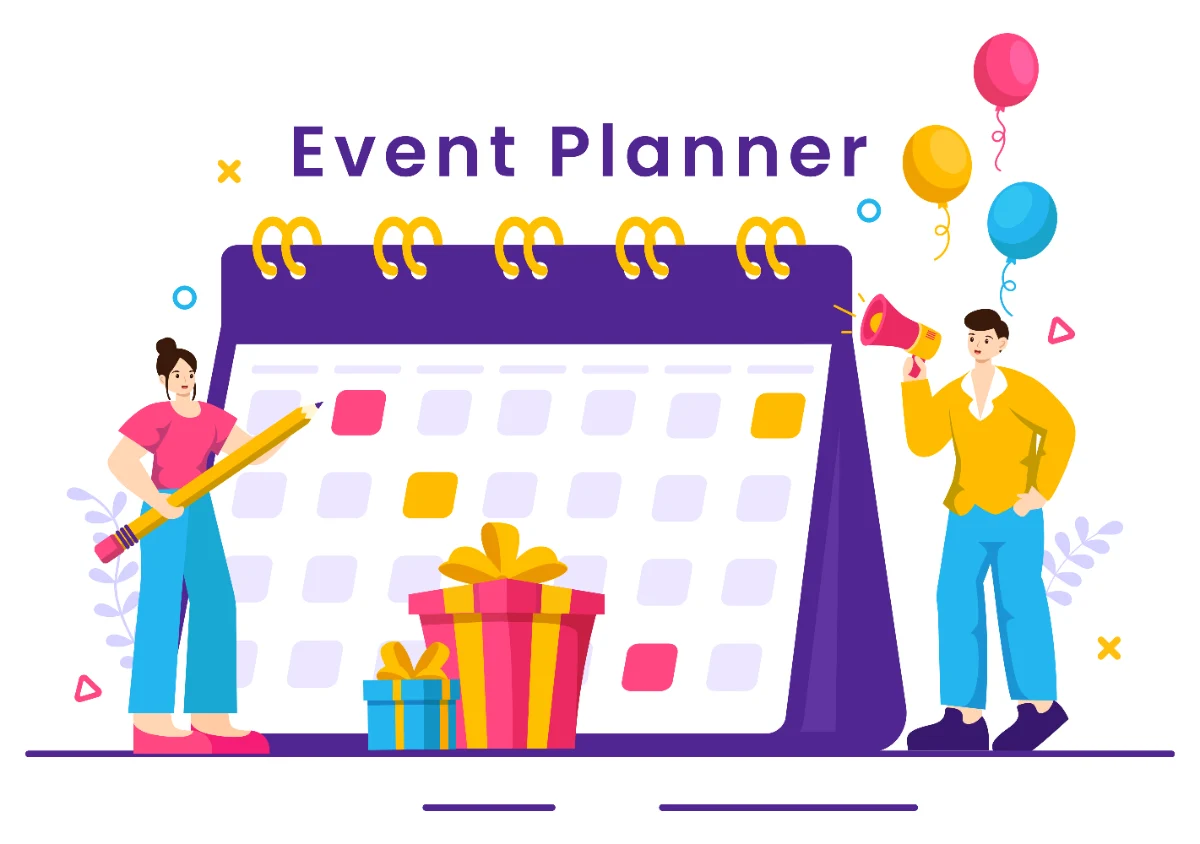 Mastering the art of event planning requires a combination of strategic thinking, attention to detail, and effective teamwork. By following the comprehensive checklist provided in this guide, you can confidently navigate each phase of the planning process, ensuring a successful and memorable event. Remember, meticulous planning is the key to turning your vision into reality!
Mastering the art of event planning requires a combination of strategic thinking, attention to detail, and effective teamwork. By following the comprehensive checklist provided in this guide, you can confidently navigate each phase of the planning process, ensuring a successful and memorable event. Remember, meticulous planning is the key to turning your vision into reality!


